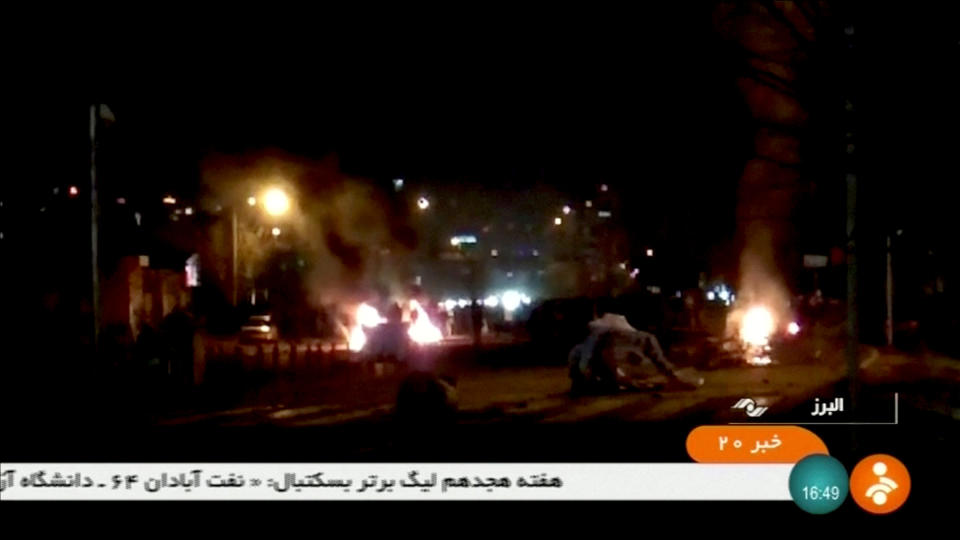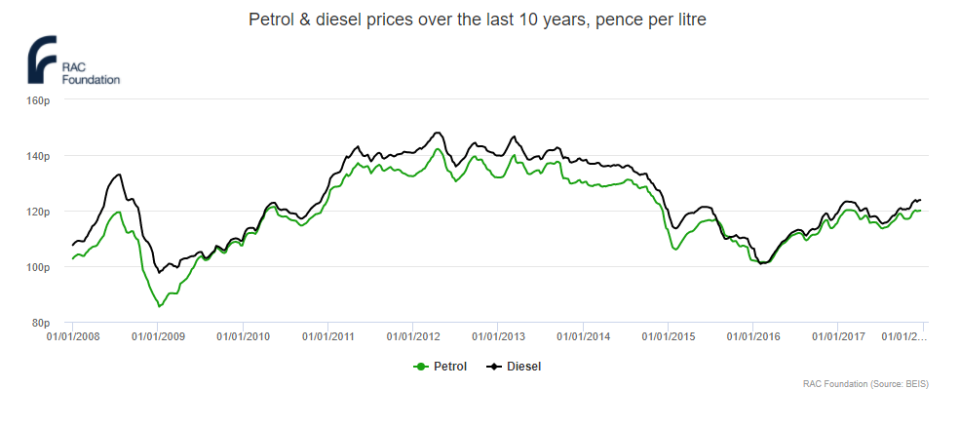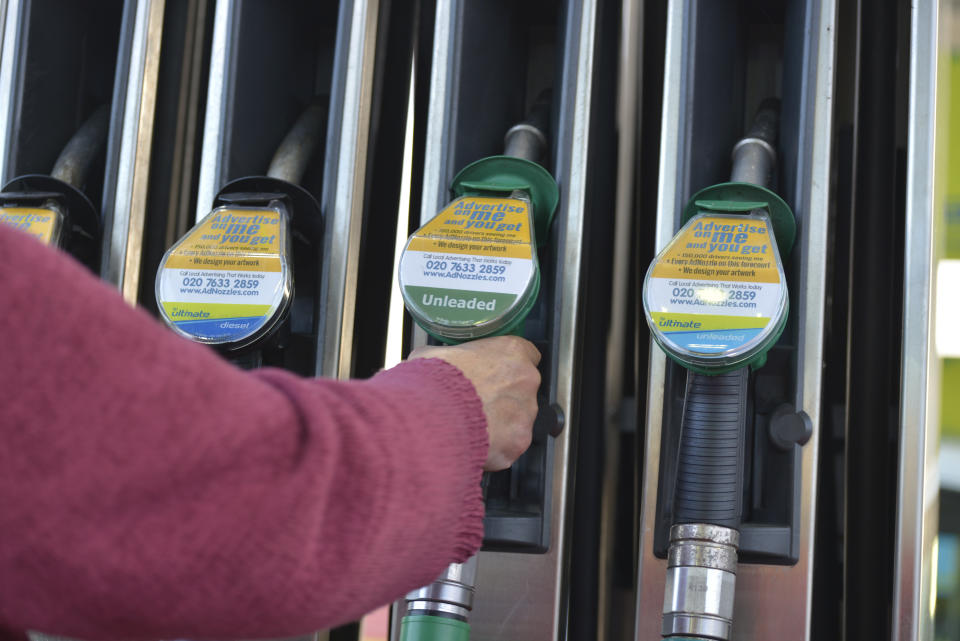Iran protests fuel crude oil surge - and that could see UK pump prices rise

Oil prices have climbed to their highest levels since 2015 amid ongoing protests in Iran – and that could hit the cost of fuel at UK pumps.
Brent crude, used to price international oil, was at $67.18 (£49.56) a barrel on Tuesday morning, up 0.5%, after hitting a May 2015 high of $67.29 a barrel earlier in the day.
It was the first time since January 2014 that the crude oil benchmark opened the year above $60 per barrel.
MORE: Leading economists predict gloomy 2018 for business, workers and consumers
“Growing unrest in Iran set the table for a bullish start to 2018,” the US-based Schork Report said in a note to clients on Tuesday.
Anti-government protests were staged in Iran on Sunday, the fourth day of unrest against the regime.
Coupled with continued cuts to the supply of oil by the OPEC cartel and Russia, the rising price could soon be felt by British motorists at the pumps.

According to the RAC Foundation motoring organisation, the average price of petrol at December 28 was 120.7p per litre, and diesel stood at 123.4p.
It predicts prices to rise by almost a penny over the next two weeks. In July, petrol cost on average 113.7p/lt with diesel at 115.6p.
MORE: Eye-watering rail fares hikes are ‘pricing people out of work’
US crude output is also slipping from a record-high, with weekly production down in the week before Christmas for the first time since mid-October.
“I would not be surprised if any outcome of the current crisis would be ultimately negative for the oil price,” Eugen Weinberg, head of commodities research at Commerzbank AG in Frankfurt told Bloomberg.
“Should the protests lead to regime change, it might attract massive new investments and result in higher output.”

And, Avtar Sandu, senior manager of commodities in Singapore-based Phillip Futures, told Gulf News: “We do see a spike in crude oil prices due to the geopolitical risk associated with the current public unrest in Iran. If the unrest spurs to the larger part of the country, we might see a larger surge in oil prices.”
Iran’s supreme leader, Ayatollah Ali Khamenei, accused the country’s enemies of stirring days of protests that have claimed at least 22 lives.
“In recent days, enemies of Iran used different tools including cash, weapons, politics and intelligence services to create troubles for the Islamic Republic,” he was quoted as saying in a post on his official website.
MORE: Mammoth wind farm planned for middle of the North Sea
The protests began last Thursday in the city of Mashhad, initially against price rises and corruption, but have since grown into a wider anti-government sentiment.
US president Donald Trump said on Tuesday that Iranians were “finally acting against the brutal and corrupt Iranian regime”.

 Yahoo Finance
Yahoo Finance 
